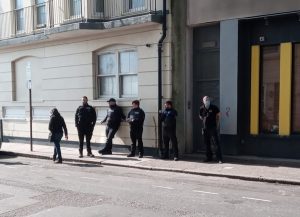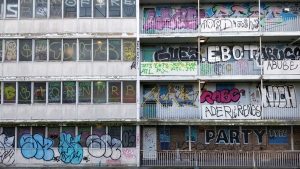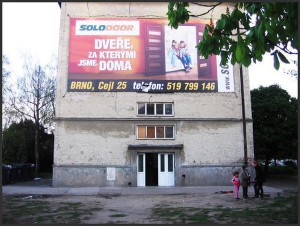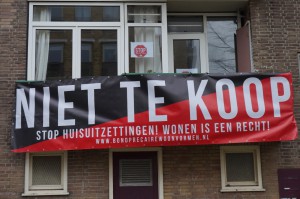 The legal situation has been changing so rapidly that even full-timers are struggling to keep up, but with the introduction of Practice Direction 51Z it looks like eviction proceedings are finally off the table for now and we have time to take stock of what is now utterly uncharted territory in British housing.
The legal situation has been changing so rapidly that even full-timers are struggling to keep up, but with the introduction of Practice Direction 51Z it looks like eviction proceedings are finally off the table for now and we have time to take stock of what is now utterly uncharted territory in British housing.
Minutes after I’d finished an article regarding the situation regarding squats and ongoing evictions in Britain the information became outdated, as emergency procedural changes were brought in by the government, in theory protecting everyone, squatters, renters, and the street homeless, from the risks of being out on the streets during this period. Let’s explore what each of these measures might realistically mean.
Up until this moment, the government had promised a three-month breather for mortgage repayments, and then – under pressure – caved and stated that tenants who fail to pay rent will be protected from eviction for the next three months. This does not mean a lot in practice, as the rent still needs to be paid, and agreements for doing so settled on. [Read More]





